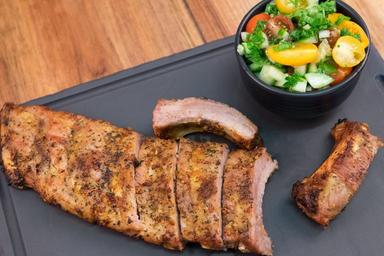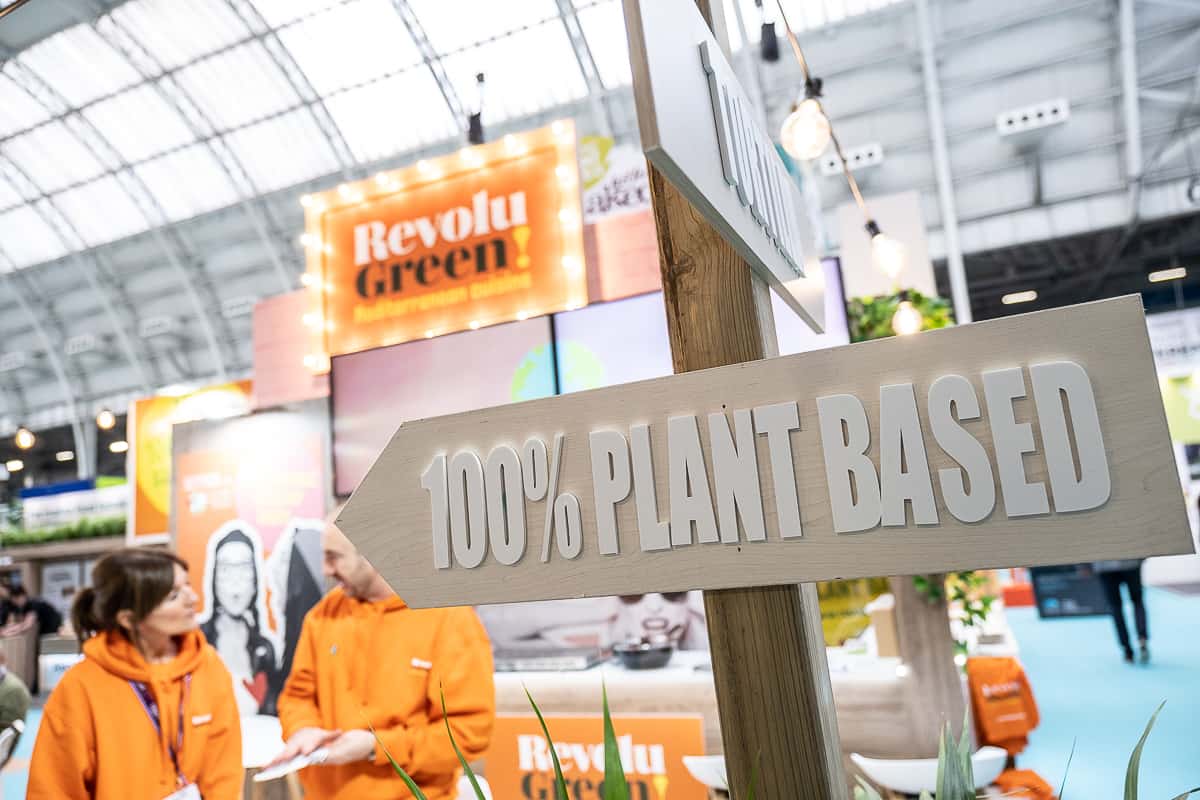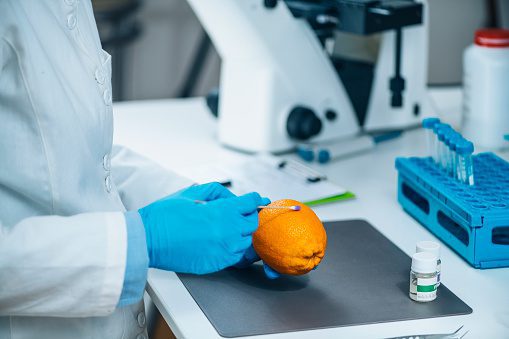Soon, the chicken sandwich you order at a restaurant may come with a label that says “lab-grown” product.
Both the U.S. Food and Drug Administration and the U.S. Department of Agriculture recently approved the consumption of “cell-cultivated” or “cultured” meat. The process involves harvesting cells from viable animal tissues and growing edible flesh under controlled conditions in bioreactors, or tanks and takes about a month.
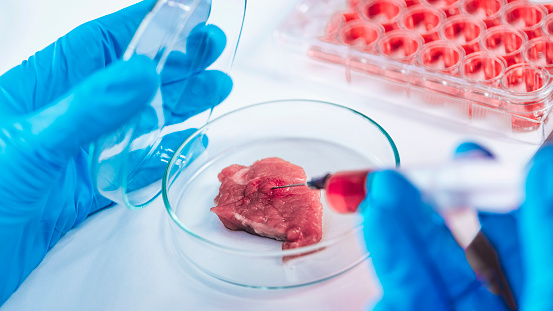
Proponents say the development initiates a new era of meat production aimed at eliminating the slaughter of animals while also drastically reducing the environmental impacts of animal waste and growing animal feed.
“The pros are that definitely there could be improved environmental effects,” said Nikki Flynn, registered dietitian ProMedica Weight Management.
Ms. Flynn agreed that the downsides to traditional meat are the environmental and ecological concerns related to animal feeding, waste, and byproducts.
“Definitely on the animal welfare side, if the animal can remain living, there would definitely be pros for that department,” she said.
“There’s also the potential for adjusting or tweaking the nutrition to be even better for humans to optimize the good things about the meat and take away some of the less beneficial aspects to it,” Ms. Flynn said.
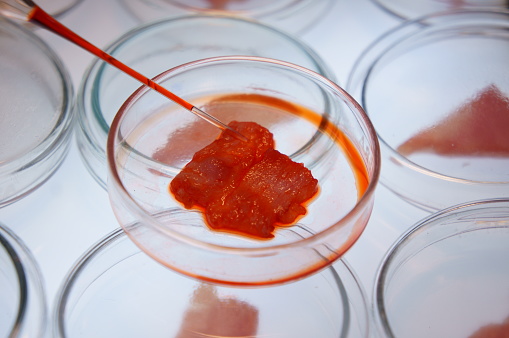
While several major food companies are scrambling to debut the new cultivated meat to the American public, two California-based companies GOOD Meat and UPSIDE Foods have taken the lead.
Both companies make bold and confident claims that the meat flesh will be identical to that raised conventionally, both in texture and taste.
When you visit to the GOOD Meat website, you will see the words “The future of meat is here.” CEO and co-founder, Josh Tetrick was greatly inspired to create a solution to issues regarding the meat industry.
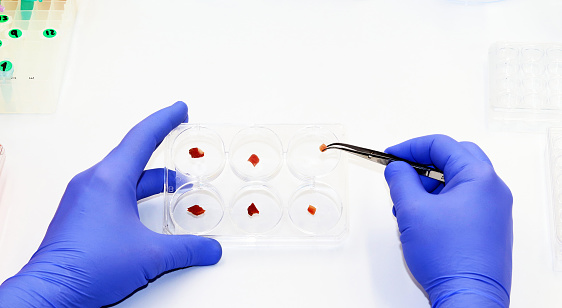
** Click here to read the full-text **







